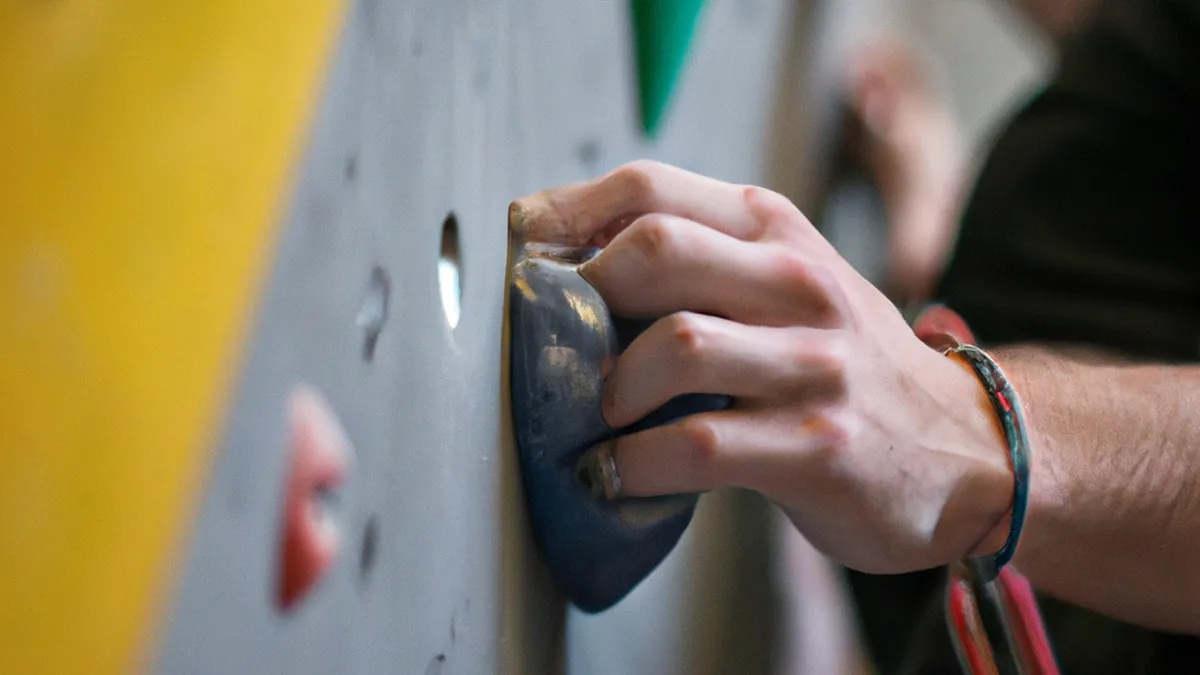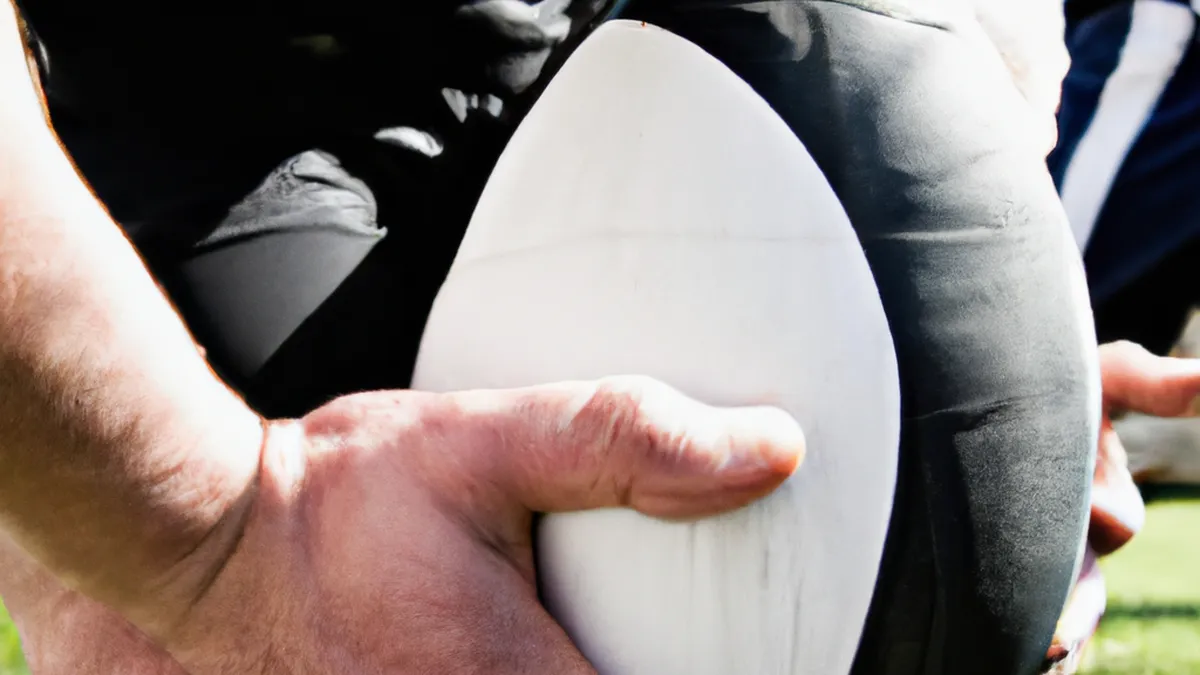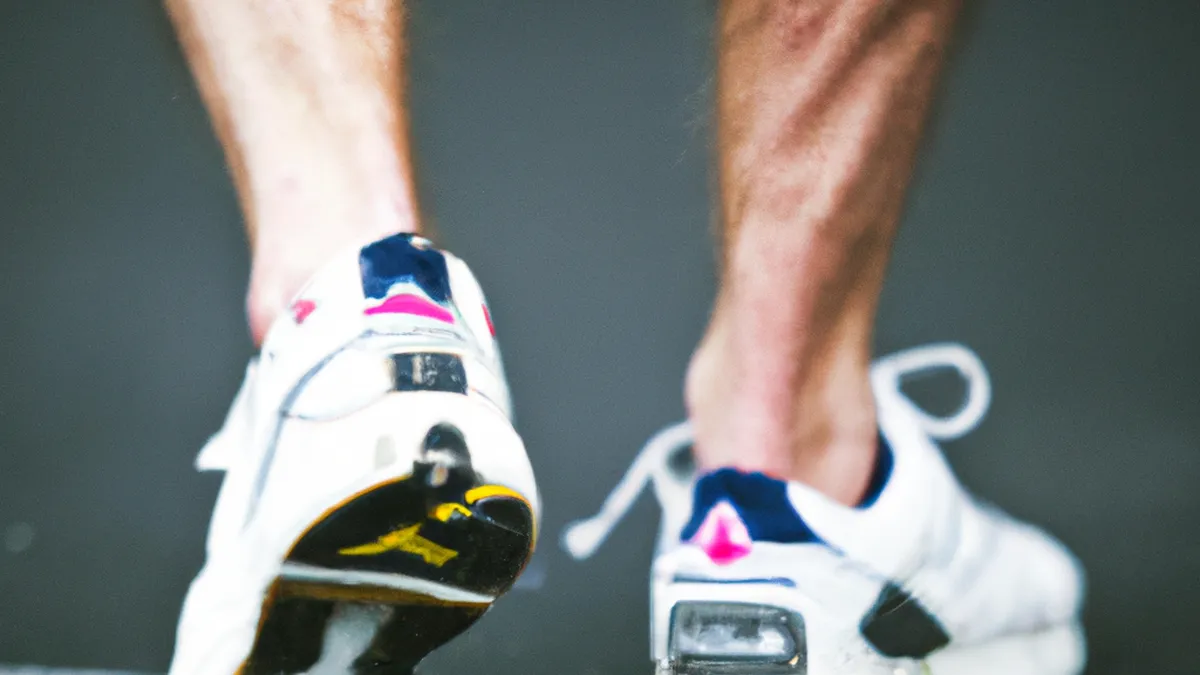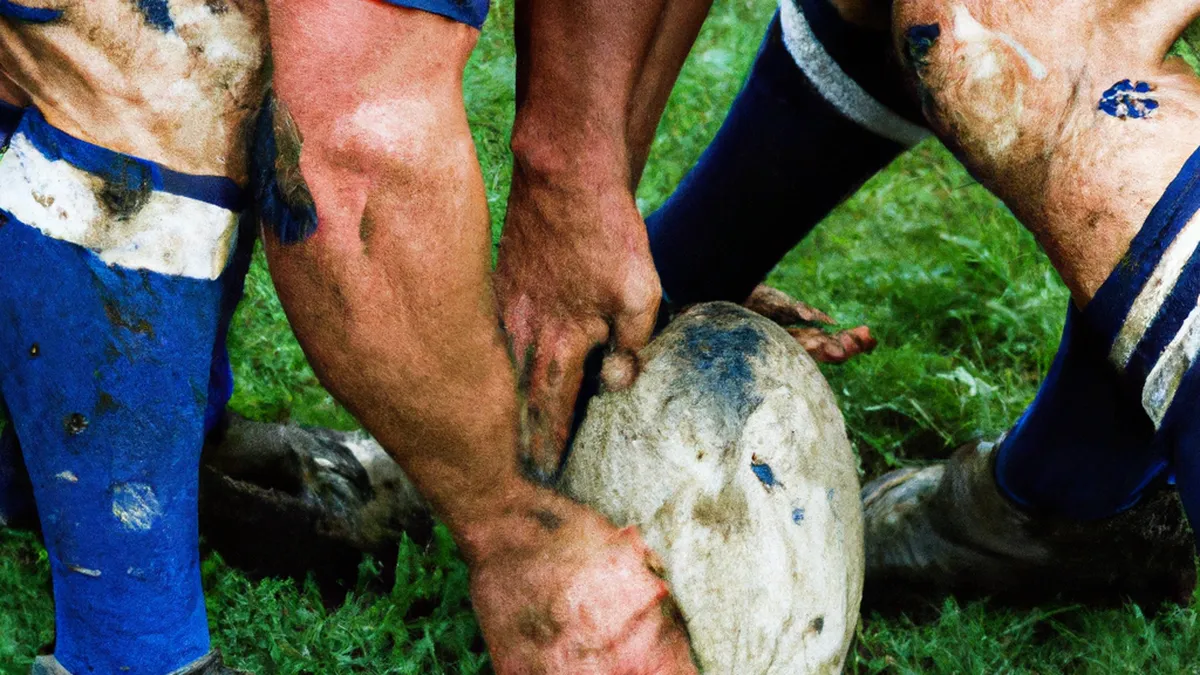6 Injury Prevention Techniques for Climbers (Advanced)
Identifying Common Climbing Injuries and Their PreventionClimbing offers physical challenges and mental rewards, but it carries risks. Many climbers sustain injuries that hinder their progress. Understanding these injuries and their prevention can keep you climbing safely. This post identifies common climbing injuries and provides prevention tips.
As an Amazon Associate I earn from qualifying purchases.
Gear tip: consider climbing shoes, chalk bag, and ankle resistance bands to support this topic.
Common Climbing Injuries
1. Finger Injuries
Finger injuries rank among the most common climbing injuries. Overuse or sudden strain often causes them, especially during dynamic movements or gripping small holds. Tendon injuries like pulley tears occur with excessive force on crimps or pinches. Climbers may also experience ligament sprains or strains. These injuries can sideline you for weeks or months. Recognizing early signs and taking action is essential.
2. Shoulder Injuries
Climbers often face shoulder injuries, especially on overhanging routes or bouldering. Common ailments include rotator cuff injuries and shoulder impingement. Poor technique, overtraining, or improper warm-up routines often contribute to these injuries. Climbers risk straining their shoulders when reaching for holds awkwardly or applying excessive force. Symptoms include pain, weakness, and reduced range of motion. Neglecting these signs may lead to chronic pain and long-term damage.
3. Elbow Injuries
Elbow injuries like lateral epicondylitis (tennis elbow) or medial epicondylitis (golfer’s elbow) arise from repetitive gripping and pulling motions. These conditions develop gradually and cause significant discomfort during elbow flexion or extension. Climbers may feel tenderness on the inner or outer elbow. Over time, these injuries can become chronic, impacting climbing and daily activities.
4. Ankle Injuries
Ankle injuries often occur during falls or awkward landings, especially on uneven terrain. Sprains represent the most common injury, where ligaments overstretch or tear. Climbers may roll their ankles on uneven surfaces or while downclimbing. Severe sprains can take weeks to heal, affecting climbing routines and mobility. Mindful foot placement and landing techniques can significantly reduce ankle injury risk.
Tips for Injury Prevention
Strengthen Your Body
To prevent injuries, strengthen your entire body, focusing on key climbing muscles. Incorporate exercises targeting your core, shoulders, fingers, and legs. Use resistance bands to improve shoulder stability. Perform grip-strengthening exercises like finger curls, hangs, and pinch grips. A well-rounded strength program enhances overall performance.
Conclusion
In summary, understanding common climbing injuries and prevention strategies helps maintain your climbing strength and safety.
Below are related products based on this post:
FAQ
What are the most common climbing injuries?
The most common climbing injuries include finger injuries, shoulder injuries, elbow injuries, and ankle injuries. These injuries often arise from overuse, poor technique, or accidents during climbing. Recognizing the signs of these injuries early can prevent long-term damage.
How can I prevent climbing injuries?
Injury prevention in climbing involves strengthening your body, particularly key muscle groups used in climbing. Incorporate exercises that focus on your core, shoulders, fingers, and legs. Additionally, practicing proper warm-up routines and mindful foot placement can significantly reduce the risk of injuries.
What should I do if I experience pain while climbing?
If you experience pain while climbing, it’s essential to listen to your body and take a break. Ignoring pain can lead to chronic injuries and long-term damage. Assess the discomfort, and if it persists, consider consulting a medical professional for advice and treatment options.















Post Comment